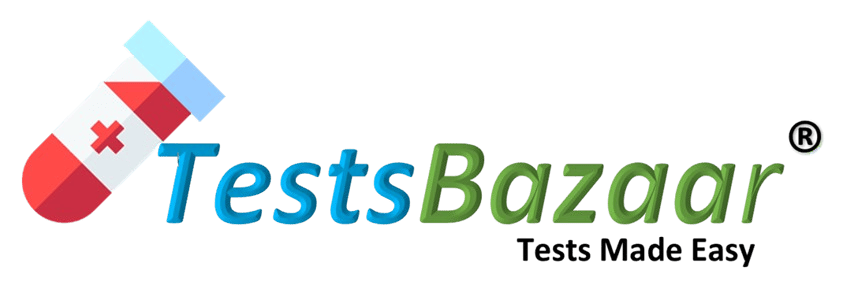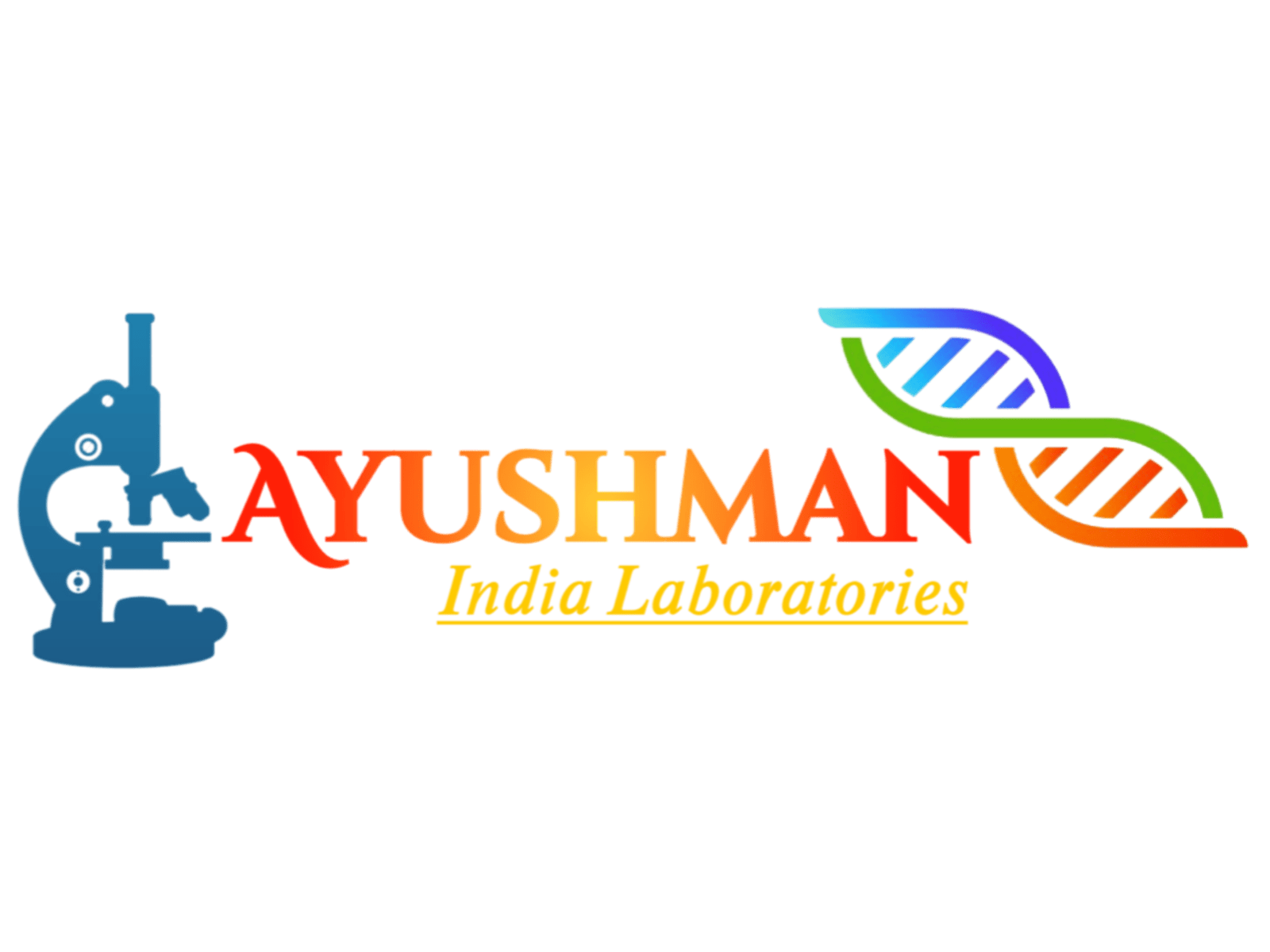
Super Genome- Whole Genome Sequencing
Features & Performance | |||||
|---|---|---|---|---|---|
| Highly uniform genome and mitochondrial genome coverage |
| ||||
| Advanced detection of nearly all types of variants in one single test | Highly sensitive and specific detection of SNVs, InDels, SVs including CNVs, and mtDNA variants with heteroplasmy ≥15%
|
SNVs: single nucleotide variants; InDels: small insertions/deletions; CNVs: copy number variations; SVs: structural variants; mtDNA: variants in mitochondrial DNA;
*Variants with low quality and/or unclear zygosity are confirmed by orthogonal methods (i.e., SNVs and InDels by Sanger sequencing; CNVs by Multiplex ligation-dependent probe amplification, MPLA; quantitative polymerase chain reaction, qPCR; or chromosomal microarray, CMA)
When is WGS Recommended?
WGS is recommended especially for the diagnosis of patients with heterogeneous phenotypes, unclear or atypical clinical symptoms, or with a long list of prior differential diagnoses, or who have exhausted other genetic testing options. Recent studies and Medical Genetic Society Statements and Recommendations on clinical WGS support it as a first- or second-line diagnostic test when a patient’s symptoms or family history suggests a genetic cause of the diseases. This is especially the case when the clinical diagnosis is associated with a high level of genetic heterogeneity and when WGS results in a relevant clinical improvement and/or is a more cost-effective approach. For example, the ACMG (American College of Medical Genetics and Genomics) recommends the use of exome/genome sequencing as first-tier test for children with intellectual disability, developmental delay, or multiple congenital anomalies.11 We particularly recommend Whole Genome Sequencing for patients in the following cases:
The symptoms are very broad, complex, or unspecific, not pointing towards specific disease or typical phenotype, as:
- Clinical or genetic heterogeneity (e.g., intellectual disability/developmental delay, epilepsy, muscular dystrophies/muscular disorders, ataxia, neuropathies, cardiomyopathies, skeletal dysplasia, immunodeficiency, deafness, blindness)
- Diseases or patients with atypical clinical presentations or phenotypes (e.g., patient with intracranial aneurysm due to PKD1 gene – polycystic kidney disease)
- Patients with 'blended' clinical presentations and clinical suspicion of dual diagnosis (e.g., patient with deafness and ichthyosis, intellectual disability and severe immunodeficiency)
- Suspicion of a microdeletion or microduplication syndrome (e.g., patients with neurodevelopmental delay, multiple dysmorphisms and/or malformations, growth delay)
- Suspicion of a mitochondrial disorder (e.g., patient with muscular weakness, cardiomyopathy, visual problems)
Prior testing did not provide a conclusive diagnosis, like:
- Patient with autosomal dominant spastic paraplegia, but a negative result for the gene panel
- Patient with neurodevelopmental delay and similarly affected siblings, but a negative testing with microarrays and WES
- Any case where a genetic disorder is suspected but WES (Whole Exome Sequencing) is negative
A fast diagnosis is a medical necessity and there is not always the time for serial testing strategies, as seen with:
- Patients severely ill for whom a diagnosis may direct or alter medical management (e.g., children with seizures, hypotonia, neurological abnormalities, and a rapidly deteriorating clinical status)
- Newborns, babies and children where a rapid diagnosis is crucial for prognosis and treatments decisions (e.g., critically ill newborns and children in the neonatal and pediatric intensive care, NICU and PICU)
Our most recent study, where we present the largest cohort of patients with WGS (Whole Genome Sequencing) performed in a clinical setting to date, demonstrated the diagnostic strength of Whole Genome Sequencing as the most comprehensive genetic test and its superiority to WES (Whole Exome Sequencing). The results also support that WGS should be considered the 'standard of care' for genetic testing, as well as a first-line stand-alone test for rare disease patients.



